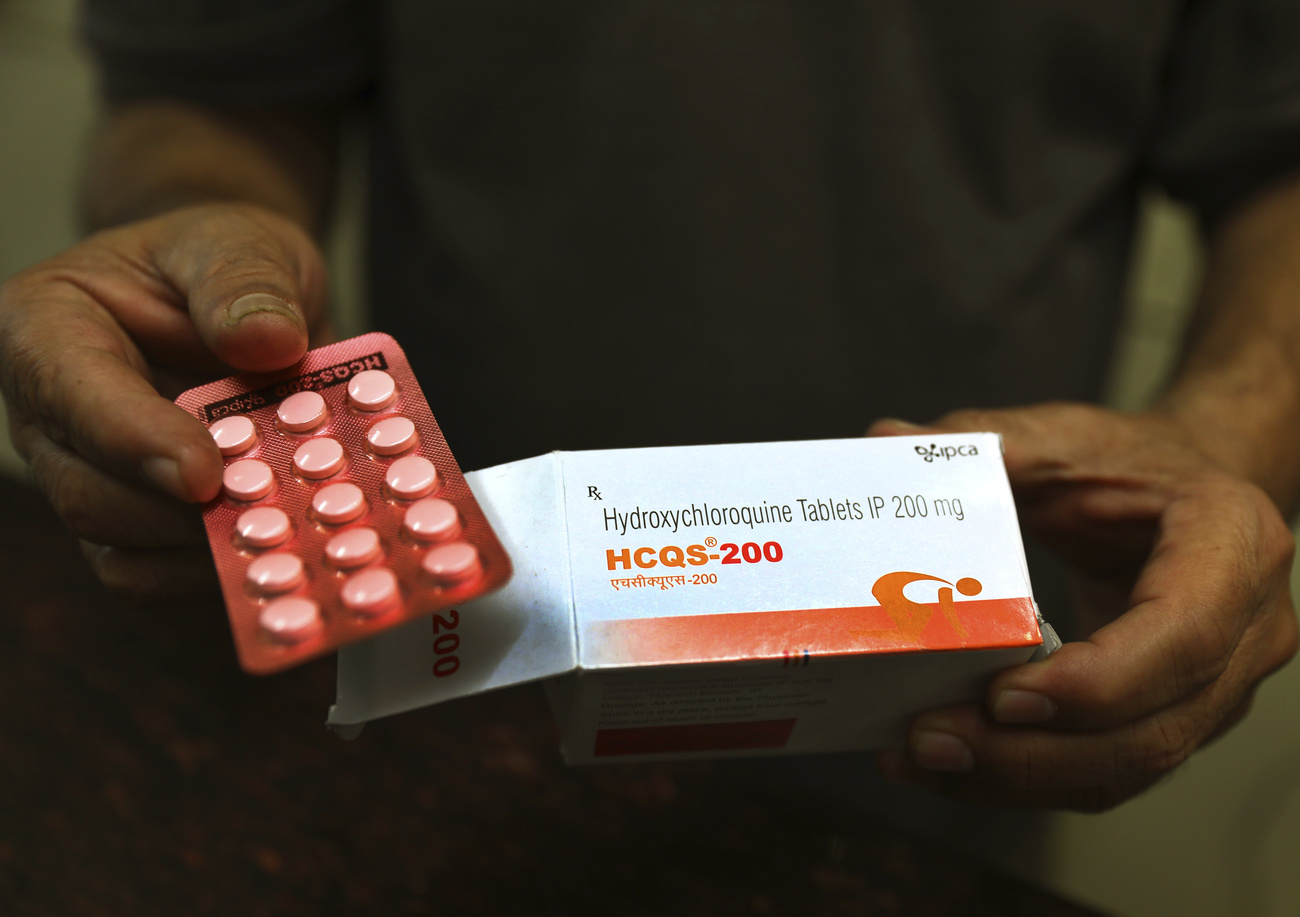
Hydroxychloroquine study withdrawn over data concerns

Authors have withdrawn an influential article finding that hydroxychloroquine had no benefit against Covid-19, citing data concerns.
The article, published in the Lancet medical journal on May 22, was by Harvard Medical School, the University of Utah and Switzerland’s University Hospital Zurich. It found that antimalarial drugs hydroxychloroquine and a similar drug chloroquine showed no benefit against Covid-19 and could even increase the risk of heart arrhythmia and death.
But three of the four authors, including Frank Ruschitzka of the University Hospital of Zurich, have now retracted it.
On Thursday, they said that Surgisphere, the company that provided the data, would not transfer the dataset for an independent review and that they “can no longer vouch for the veracity of the primary data sources”. The fourth author of the study, Sapan Desai who is chief executive of Surgisphere, declined to comment on the retraction, according to Reuters.
In a June 5 update to its original press release, Zurich University Hospital department of cardiology said it was “only called in by Harvard Medical School to co-author the paper during the evaluation phase” and “was not involved in the provision of the data by the company Surgisphere or in the evaluation of the data collection”. “Prof. Ruschitzka had no contact with the company,” it adds. “After reservations became known, the authors immediately requested an external audit.”
Controversy
The antimalarial drug has been surrounded by controversy. Claimed by French professor Didier Raoult to be a miracle cure for the new coronavirus, it has also been touted by US President Donald Trump and Brazilian President Jair Bolsonaro. The Lancet article caused the suspension of several studies into its use for Covid-19.
At the height of the pandemic in March, Swiss hospitals all had their own policies with regard to administration of the drug, according to data gathered by Swiss television RTS. In mid-May most of the big hospitals harmonised their practise, deciding to stop using chloroquine to treat Covid-19 except for patients taking part in clinical trials.
The World Health Organization paused hydroxychloroquine trials after The Lancet study was released but said on Wednesday it was ready to resume trials.

In compliance with the JTI standards
More: SWI swissinfo.ch certified by the Journalism Trust Initiative






























You can find an overview of ongoing debates with our journalists here . Please join us!
If you want to start a conversation about a topic raised in this article or want to report factual errors, email us at english@swissinfo.ch.